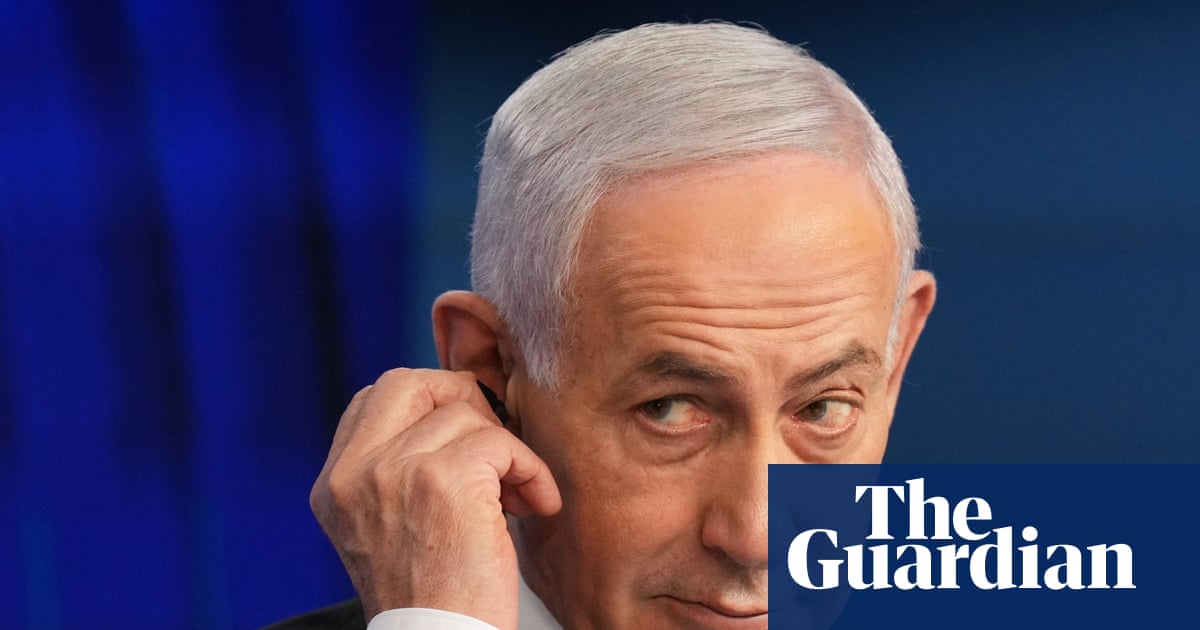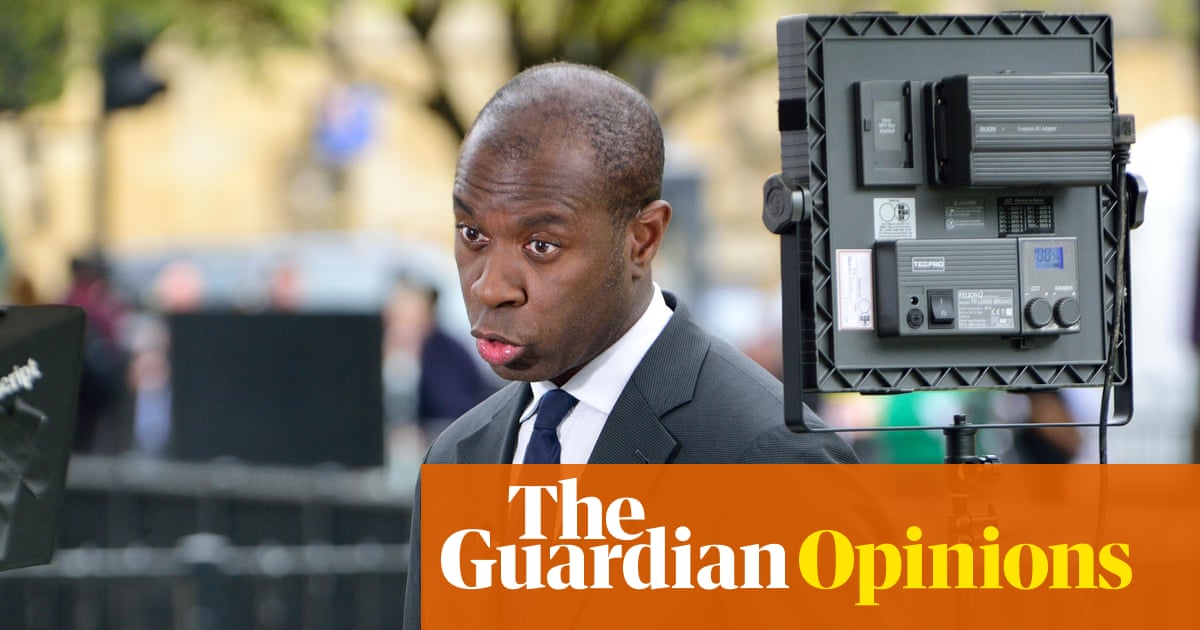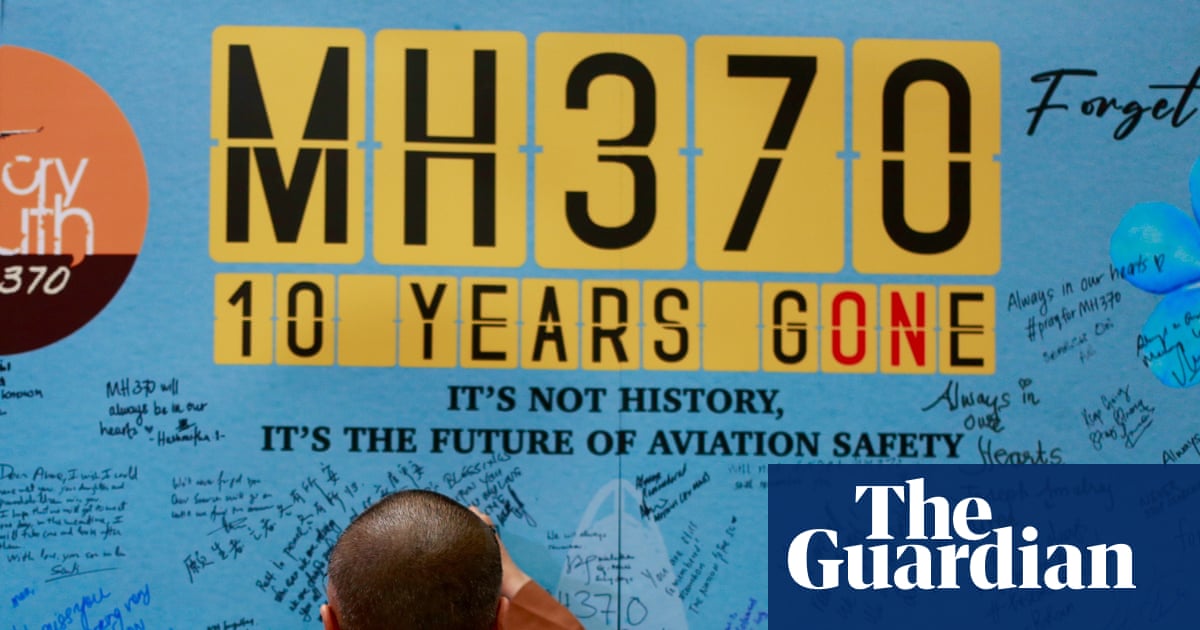The absence of big-screen comedies, once an almost weekly occurrence, has become such a widely complained-about issue that the rare novelty of one actually being made has turned into a marketing tool. Last month’s remake of The Naked Gun employed a campaign that directly addressed this problem, with an ad that played like a PSA about such a lack and why supporting one was of societal importance (the plea only mildly worked, with the film finishing with decent, but not quite decent enough, box office). At the Toronto premiere of Aziz Ansari’s Good Fortune, festival chief Cameron Bailey made reference to the now unusual sensation of laughing with an audience, and the actor-writer-director himself has been impressing upon people his desire to make a theatrical comedy in the billion-dollar wake of Barbie. He believes in its importance so why doesn’t the industry?
A raft of recent green lights suggests that Hollywood is finally realising the demand is more than misty-eyed nostalgia but there’s still a certain unfair pressure on the few that are coming out to prove the genre’s commercial viability (Adam Sandler’s giant Netflix numbers for Happy Gilmore 2 just served to show where audiences have learned to expect their comedies to be). There are noble intentions to Good Fortune, in ways related to both the resurrection of the big-screen comedy and its of-the-moment through-line about the increasingly untenable class divide in America, but also not a lot of laughs, the idea of its existence more appealing than the experience of watching it.
Ansari, who has been out of the spotlight for the past few years, is an undeniably funny person but his style of humour isn’t an obvious fit for a belly-laugh comedy. His smart and stylish Netflix series Master of None was a show of wry observational humour about the often absurd realities of dating and work and friendship. It felt like the perfect mode for Ansari, who also made for a charismatic lead. Transporting his sensibility to a high-concept comedy fantasy is a gambit that just sadly doesn’t work, the multi-hyphenate losing himself and his personality.
After his first attempt as director, a more reportedly dramatic comedy called Being Mortal, fell apart during production after allegations aimed at star Bill Murray, Ansari reassembled two of the film’s other stars – Seth Rogen and Keke Palmer – for something broader. Good Fortune is his attempt to mash together Freaky Friday and Trading Places, a magical life-swap comedy for an R-rated audience. It’s also his attempt to say something about the impossibility of today’s gig economy, a cruel system getting crueller by the day as the gap between the uber-wealthy and the rest of us widens. He plays Arj, a should-be documentary editor who spends his days rushing between thankless retail and app-based service jobs and his nights sleeping in his car. Life is an unfair struggle, especially when he’s reminded of how the other half get to live, like indulgent tech bro Jeff (Rogen), whose world is a mix of cold plunges, $250,000 watches and half-assed work meetings over exorbitantly imported sushi. Arj finds himself briefly working as Jeff’s assistant but he’s unceremoniously fired and returns to a life of scraping by after his brief taste of luxury. They’re both being watched by concerned and ambitious guardian angel Gabriel (Keanu Reeves) who sees an opportunity to help.
He switches their lives, with Gabriel believing that as soon as Arj sees the reality of Jeff’s life, that it isn’t all it’s cracked up to be, he’ll want to go back. But it turns out that being rich actually does solve a ton of problems and Arj refuses to switch. Convoluted chaos ensues.
It’s a film about the harsh differences between upstairs and downstairs, which struggles because of the harsh differences within its construction. It’s a shaggy, looser take on the kind of comedy that used to be tightly structured, shot like it’s lo-fi and grounded but with hokey magical plotting, designed around big comedy yet mostly reliant on the kind of small smile-worthy moments Ansari was known for on his show. The idea is initially, briefly amusing, but Ansari quickly exhausts it and finds himself stuck in a messy and repetitive back-and-forth, stretching the limits of half-thought rules. There’s no sense of pace to it, with some rushed and alienating editing, Ansari desperately in need of the confident hand and slicker formula found in the films he’s trying to emulate. He’s as likeable as ever, as is Rogen, and it’s refreshing to see Reeves out of franchise mode but his one-joke character tires, most of his humour based around how apparently hilarious it would be to see the actor do and say certain things (Reeves saying chicken nuggies is really not as funny as the film seems to think).
It’s three characters learning mostly surface-level life lessons about commerce and community (Palmer is reliably charming but under-used as a love interest trying to start a union) and while Ansari has his heart in the right place, he can’t find a way to weave in timely commentary on class and work into a heightened knockabout comedy, and ends his uneven film on a note of unearned schmaltz. It’s harder than he seems to think it is, and harder than it should be for us to watch.
-
Good Fortune is screening at the Toronto film festival and will be released in cinemas on 17 October

 3 months ago
57
3 months ago
57

















































